At this point, there is no doubt that the actions of human beings have dramatically affected the natural landscape of our planet. From global warming to rising sea levels, climate change is certainly happening right in front of our eyes.
However, a recent study shows that there is yet another negative side effect of human error: The Earth is becoming far too salty, and soon, that excess salt could all but eliminate the drinking water on the planet.
The Earth’s Natural Salt Cycle
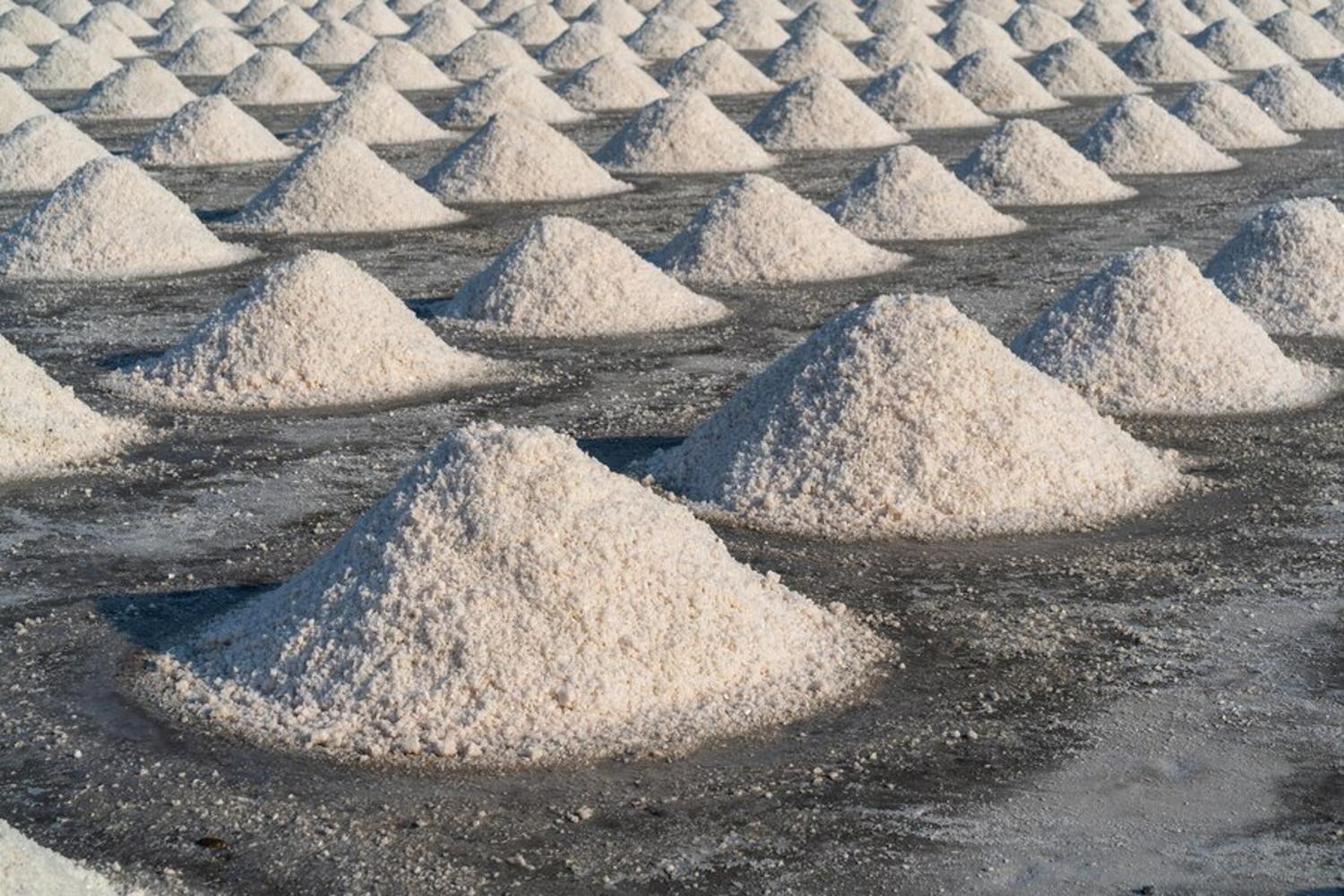
Many people aren’t aware that the salt we use for our food is a naturally occurring element on our planet. In fact, there is an abundance of salt in the Earth’s soils and water and it moves throughout the planet in what’s known as the salt cycle.
Researchers from the University of Maryland explained, “The natural salt cycle is characterized by the uplifting of salts to Earth’s surface and the weathering and transport of salts to the oceans.”
Humans Are Making the Earth Saltier
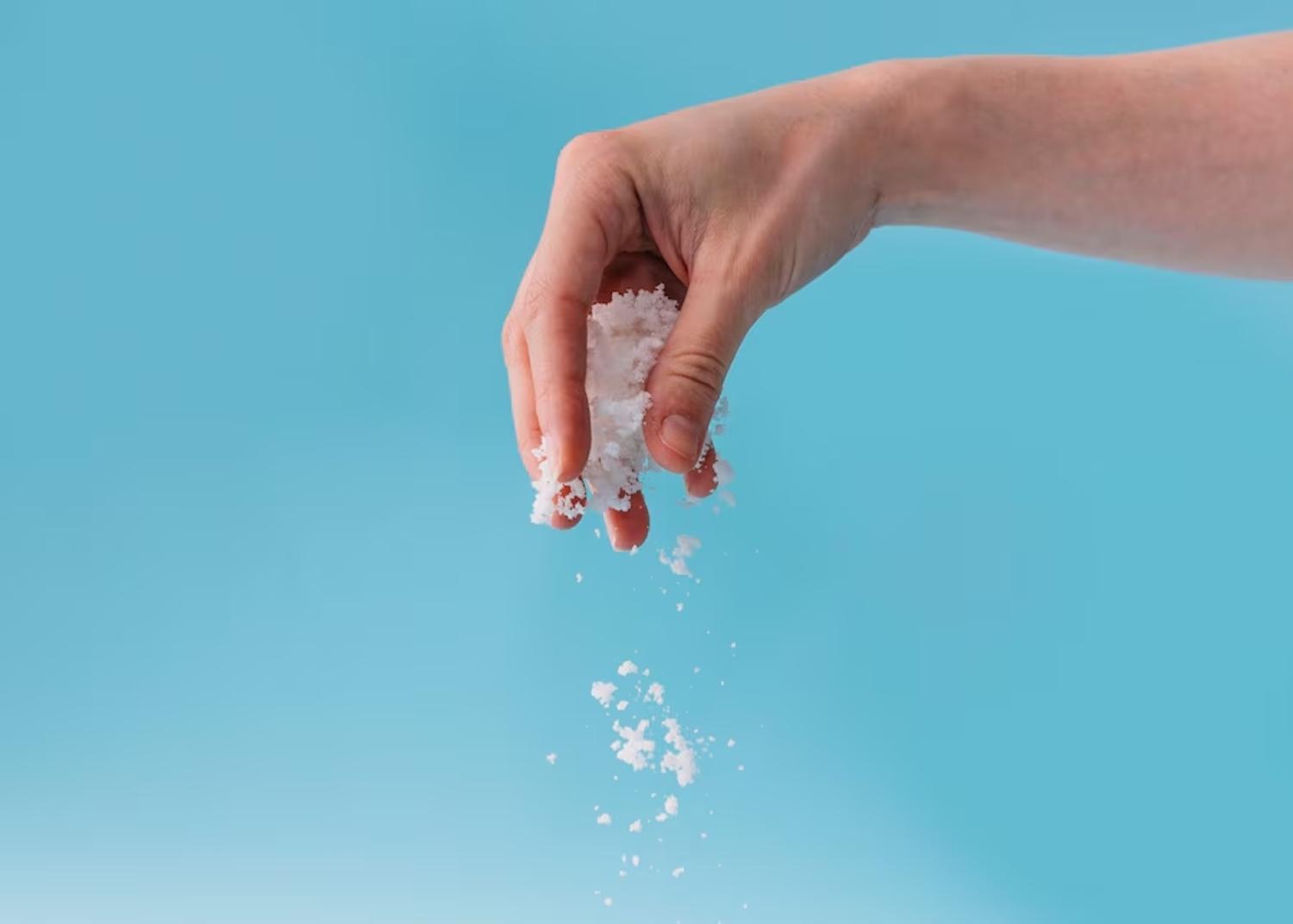
While salt is naturally occurring and even good for the planet, human activity is making the Earth saltier, which will pose an “existential threat” in the very near future.
According to research collected by the team at the University of Maryland, humans are increasing the salinity of the Earth in four major ways: mining, agriculture, construction, and water treatment.
Mining and Construction Are Increasing the Salinity of the Planet
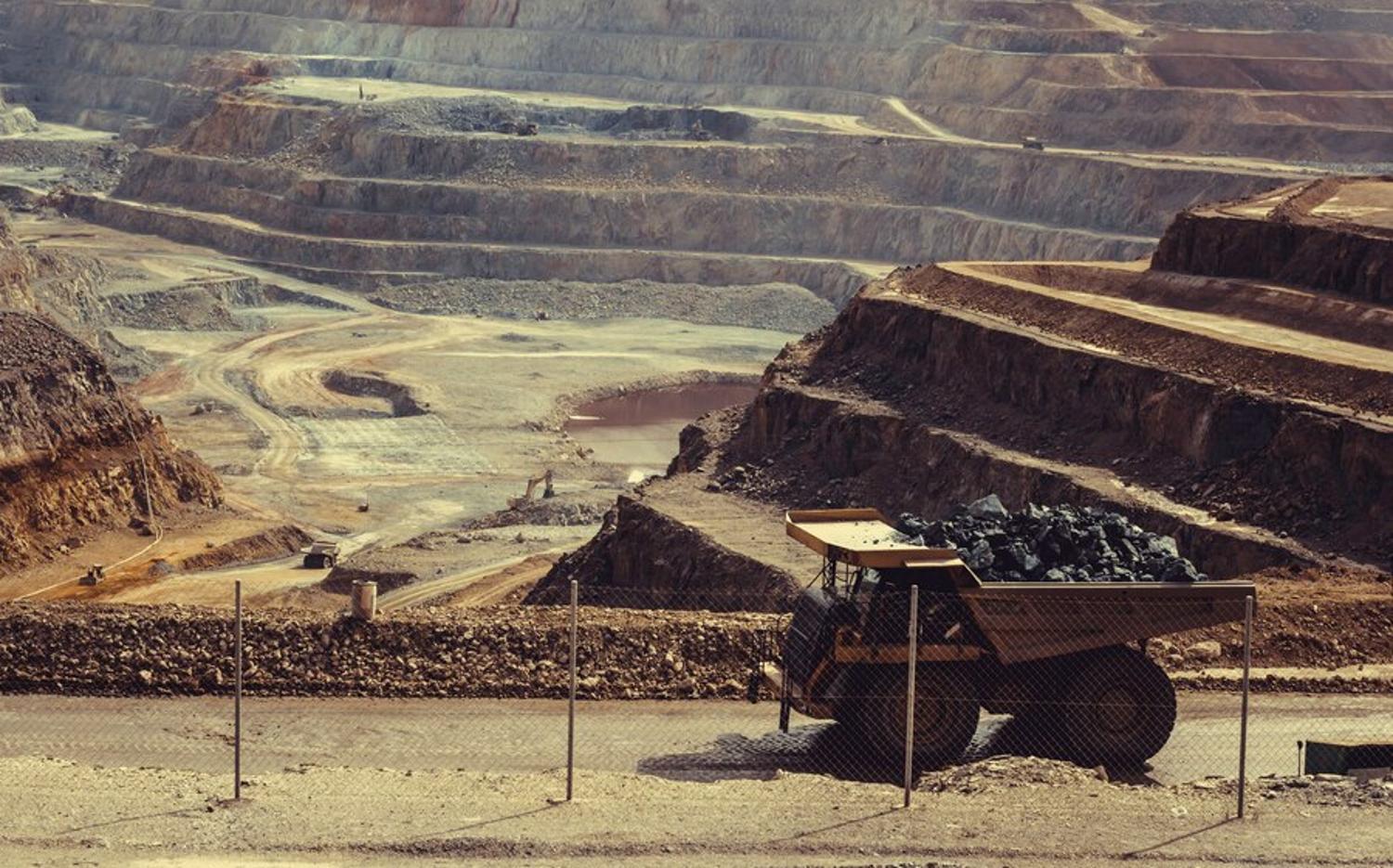
Several detailed studies have shown that mining of any kind, such as for coal, lithium, copper, or various other underground minerals, is drastically increasing the salinity of the planet. Additionally, they found that constant construction around the world also affects the natural salt cycle.
As the Earth below us is dug up, the soil and groundwater are disturbed, causing soil erosion, flooding, and decreasing the terrestrial biodiversity, all of which affect salination.
Agriculture Is Unquestionably Influencing the Natural Salt Cycle
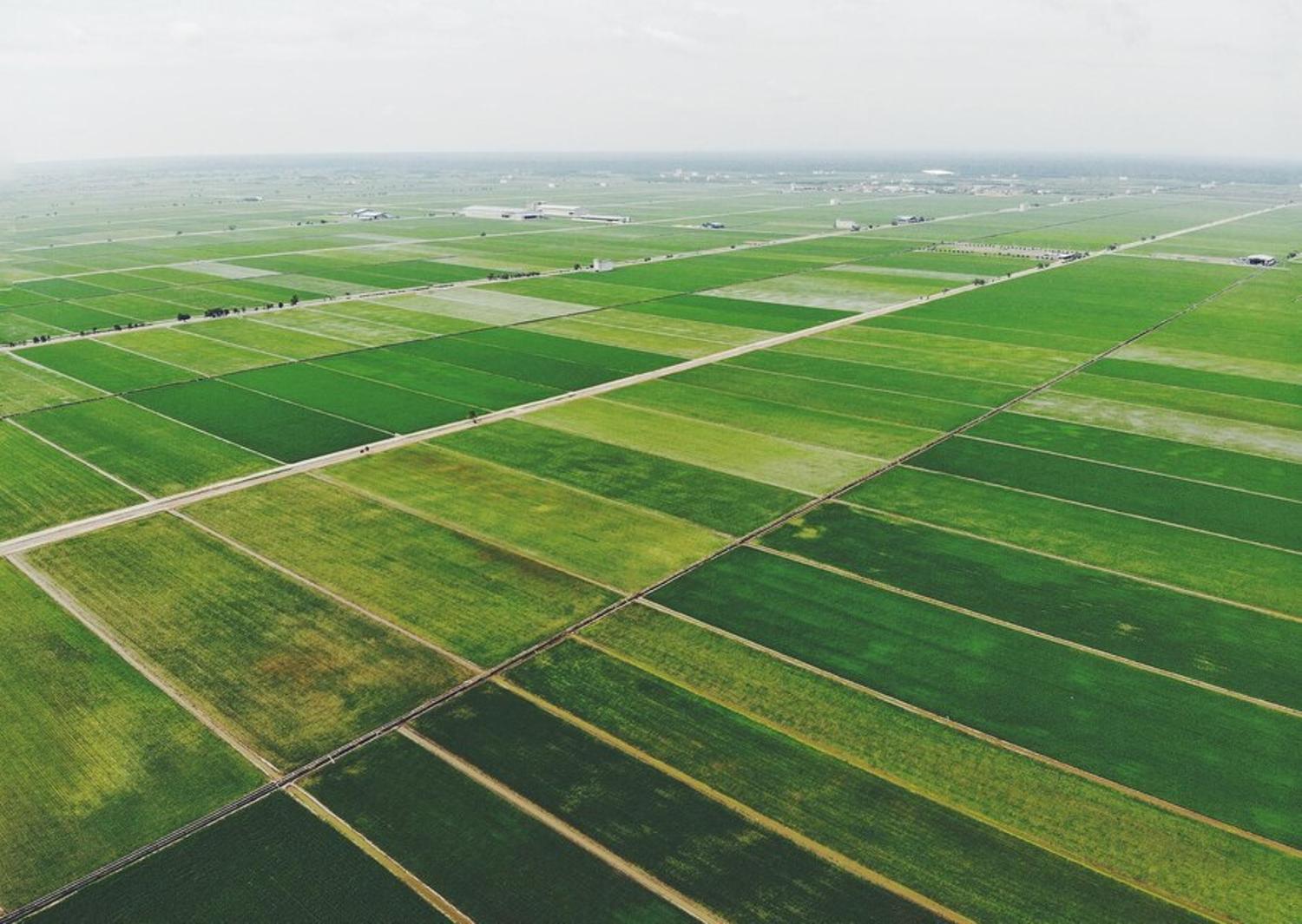
Similarly, extensive agriculture is increasing the planet’s salinity, as soil degradation, irrigation, and a lack of biodiversity all contribute to the problem.
Not to mention the fact that in order to provide ample water to grow the sheer amount of food humans need to survive, farms around the world are pulling an exorbitant amount of water from underground aquifers, which is full of salt.
How Excess Salt on the Planet Will Intensify the Effects of Climate Change
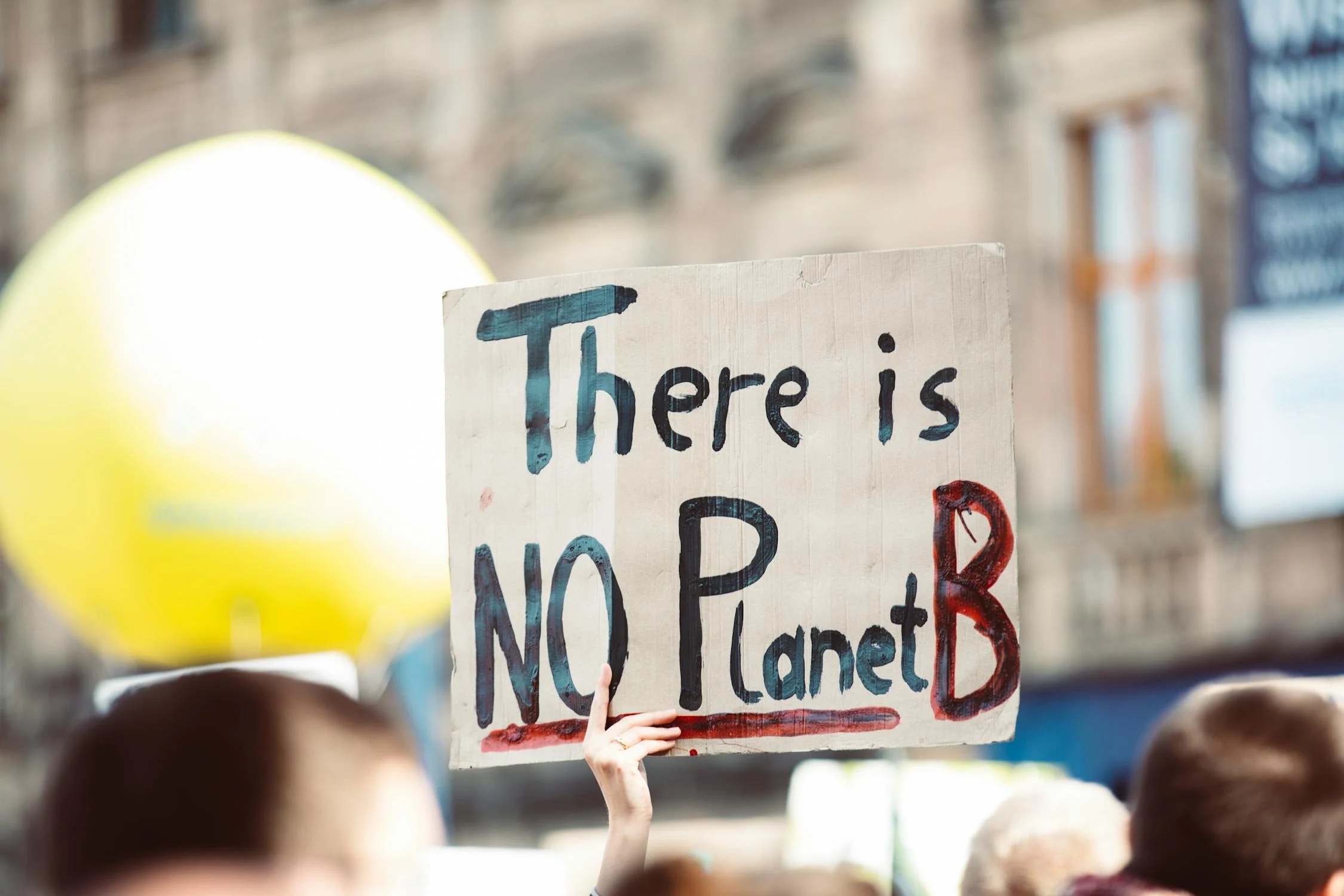
Now, an excess amount of salt in the soil and water may not seem like a big problem, but scientists have found that the increased (and ever increasing) salinity will conclusively contribute to the changing climate.
Professor Sujay Kaushal, co-author of the study published in the Nature Reviews Earth & Environment, explained, “If you think of the planet as a living organism, when you accumulate so much salt it could affect the functioning of vital organs or ecosystems.”
How Will Excess Salt Change the Planet?
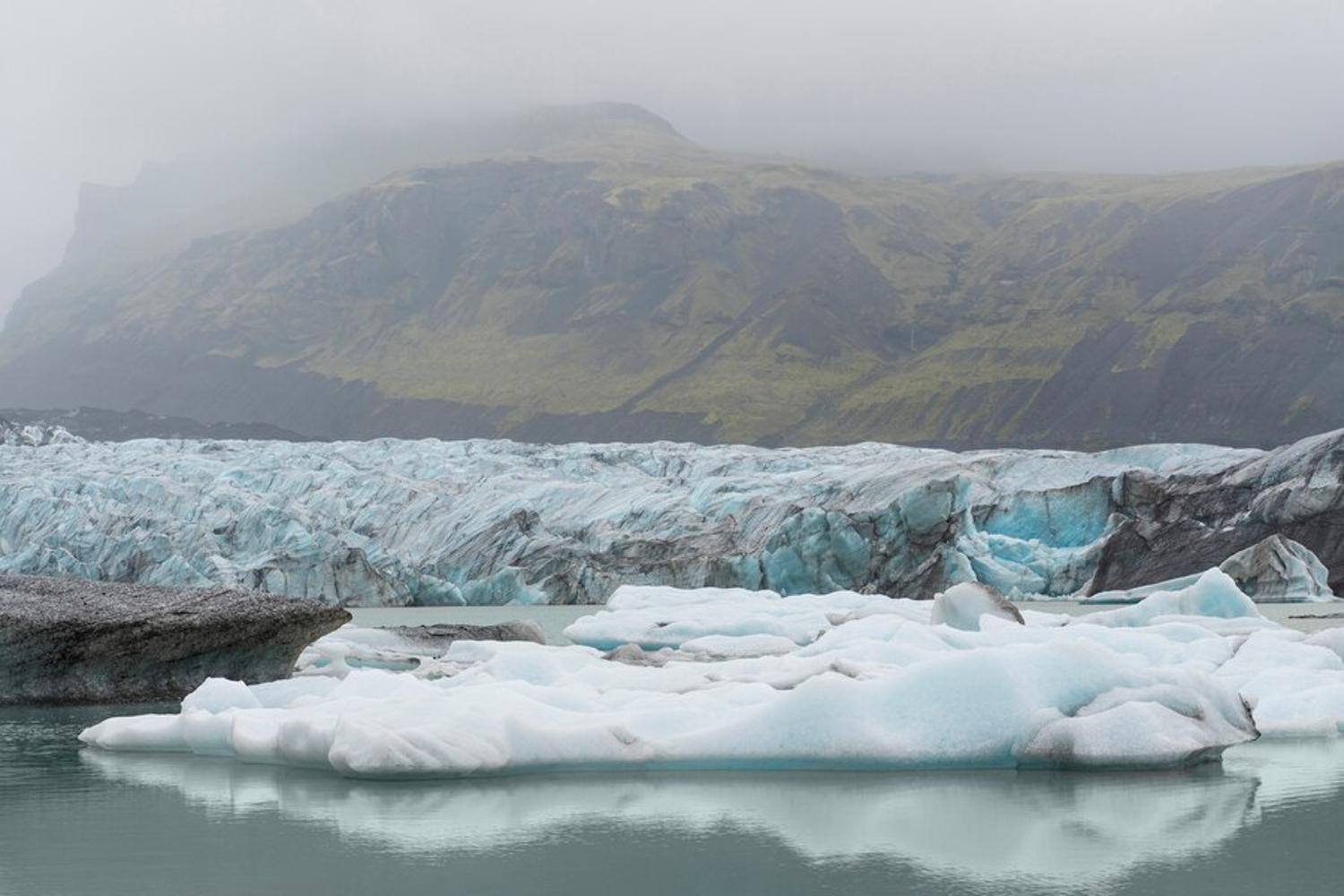
When dislodged in high doses, salt can cause extreme environmental problems, including melting the planet’s ice sheets, killing entire species of animals and plants, and even rendering the world’s waters and soil unusable.
Salt is not only being released into the soil and water but also into the atmosphere. This excess of salt in the air will directly cause snow and ice to melt far more rapidly than it should, and to make matters even worse, the water will be contaminated with an overabundance of salt.
Too Much Salt in the World’s Waters Will Kill Plants and Animals
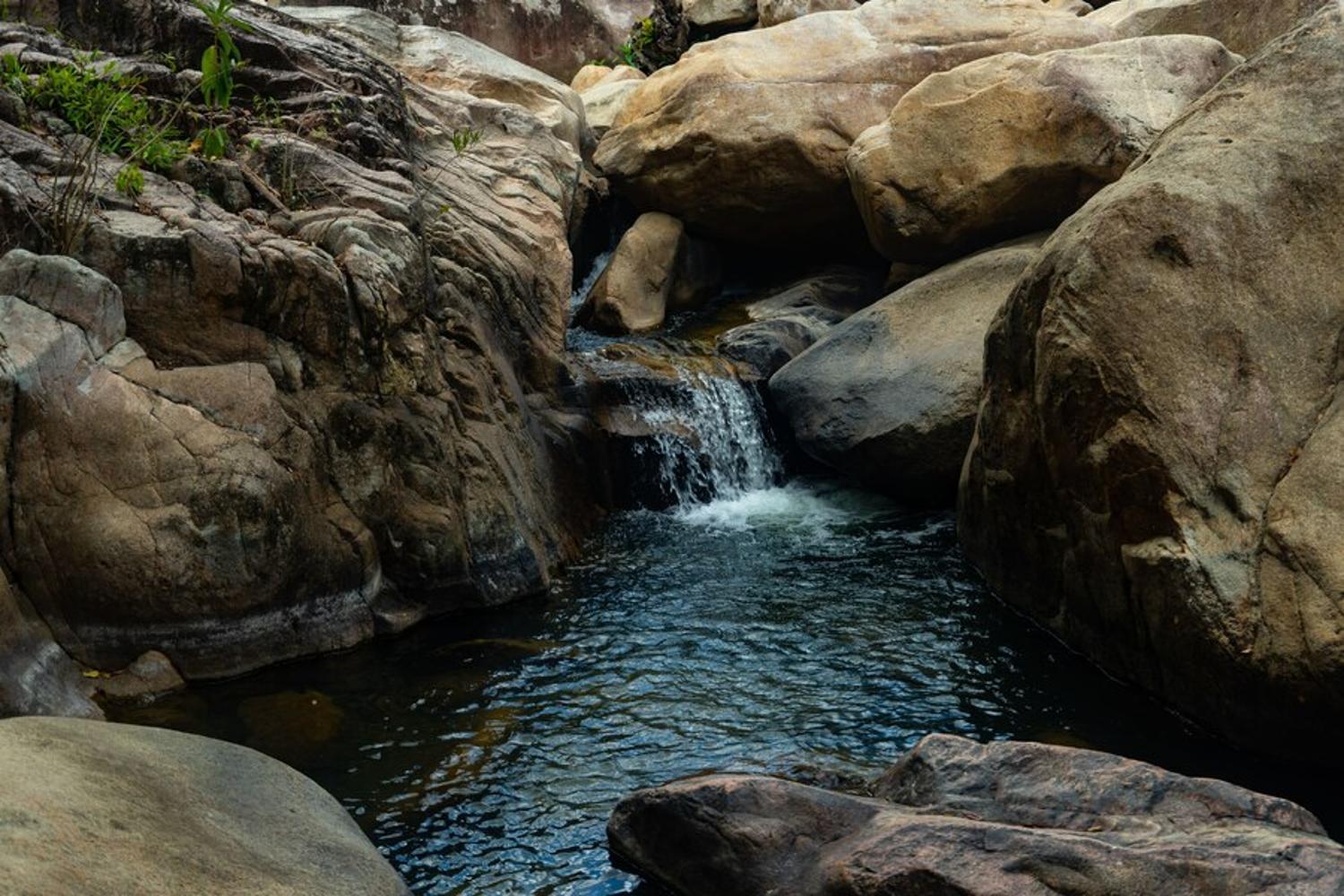
Added salt in the world’s soil and water could also kill off entire species of plants in animals; species in rivers, forests, and oceans are accustomed to a certain amount of salt in the atmosphere and water around them, if it changes drastically, they won’t be able to evolve quickly enough to survive.
And scientists have always understood that a lack of biodiversity in the world’s plant and animal species will undoubtedly increase the problems of climate change.
Crops Will Stop Growing
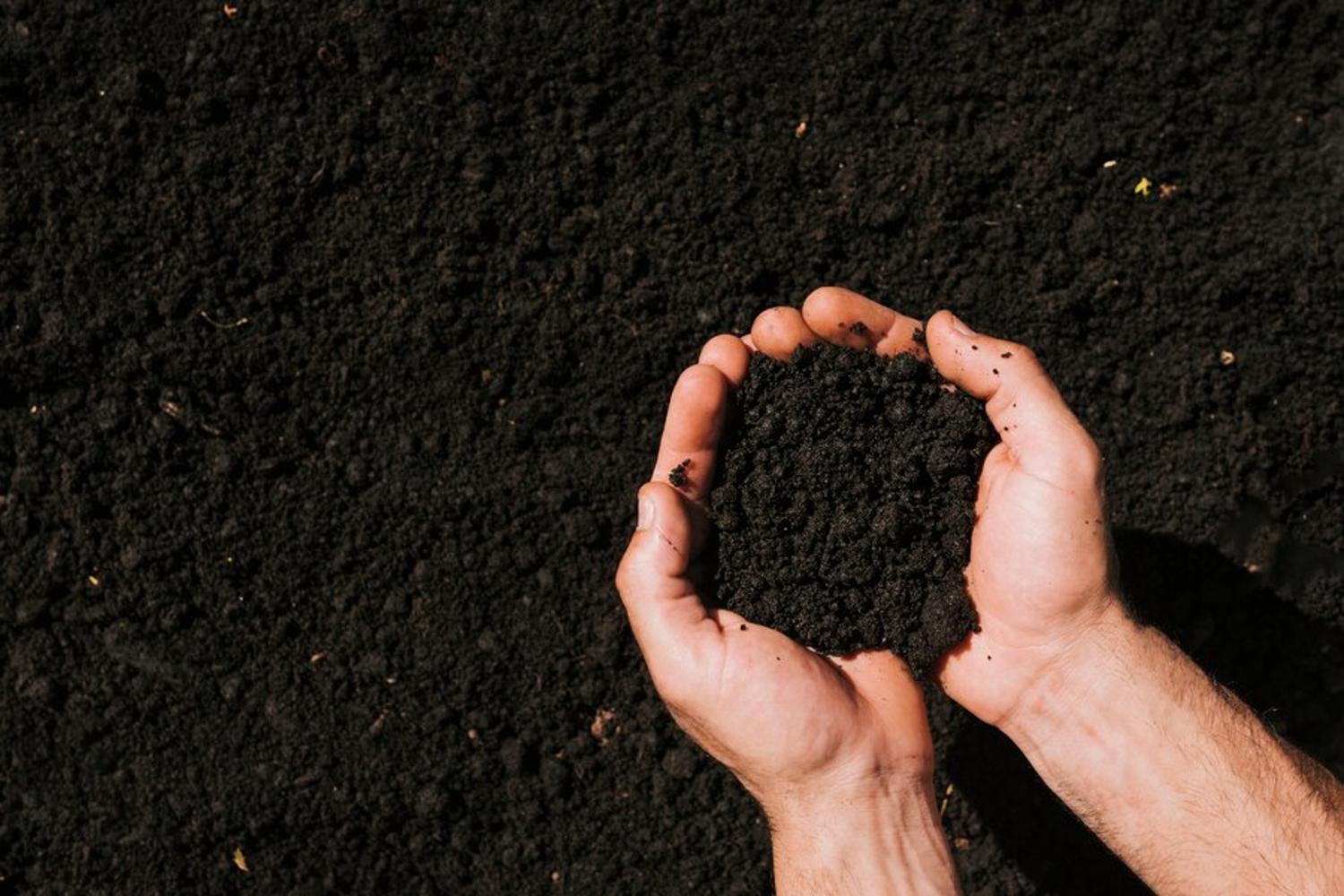
As the variety of plants and animals diminishes, excess salt will also minimize the amount of crops humans can grow.
Certain plants may not be able to grow at all, while others may grow more slowly or provide less nutrients with added salt in the soil and water, which could and likely will lead to a food crisis all across the planet.
The Earth Could Run Out of Clean Drinking Water

These are huge concerns for scientists, but maybe even more pressingly, if there is too much salt in the world’s water sources, humans could literally run out of clean drinking water.
Many experts are already worried about the rate at which humans are consuming freshwater, as the planet cannot naturally resupply aquifers, rivers, groundwater, and reservoirs as quickly as humans are using said water. And if that water is contaminated with salt, we will really be in trouble.
Desalinating Water Can Be Dangerous
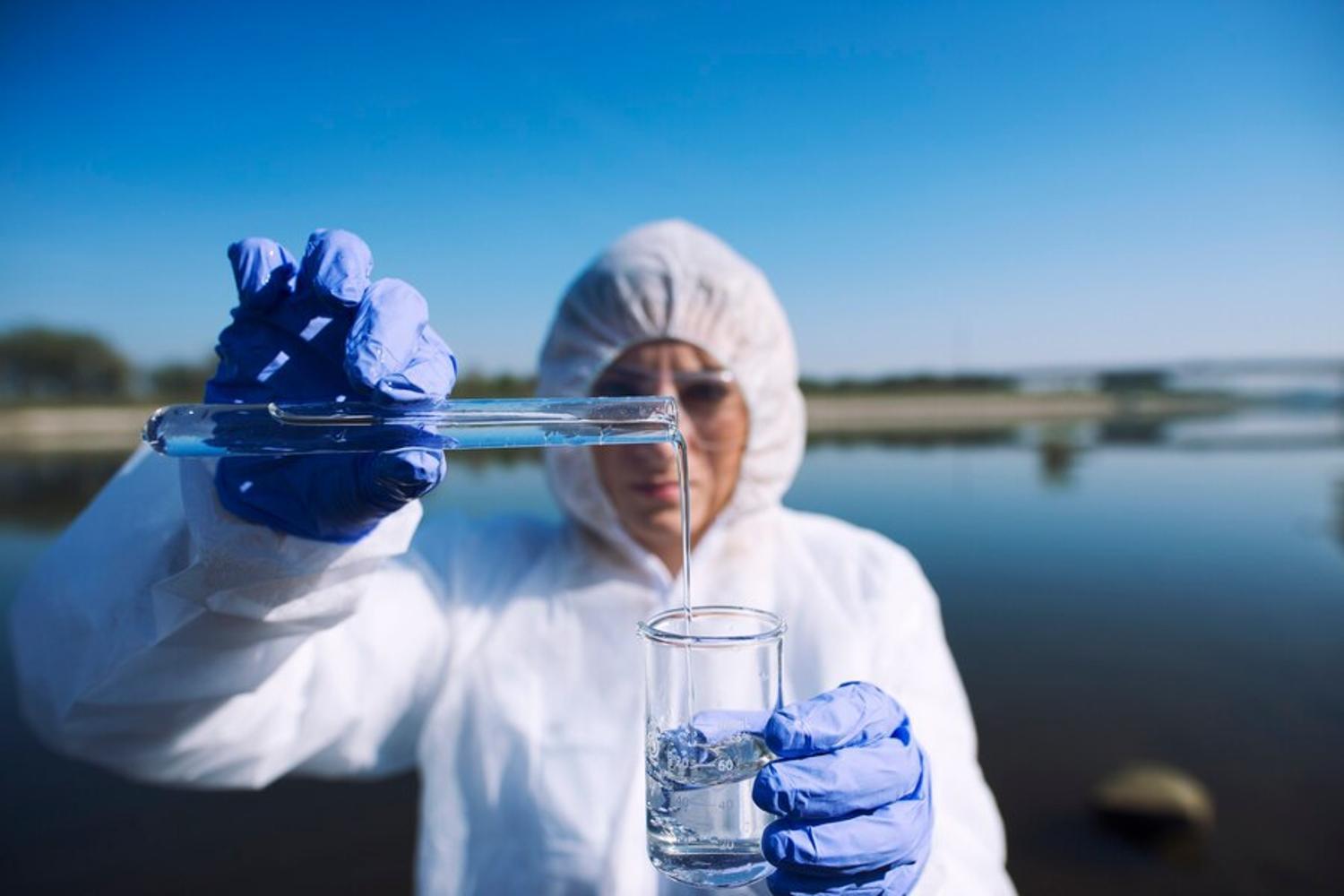
Of course, there are desalination techniques. However, researchers warn that this is not a real solution to the problem as desalination can be time consuming, expensive, and even dangerous.
Professor Kashual explained, “Removing salt from water is energy intensive and expensive, and the brine byproduct you end up with is saltier than ocean water and can’t be easily disposed of.”
Can We Reverse the Over Salination of the Planet?
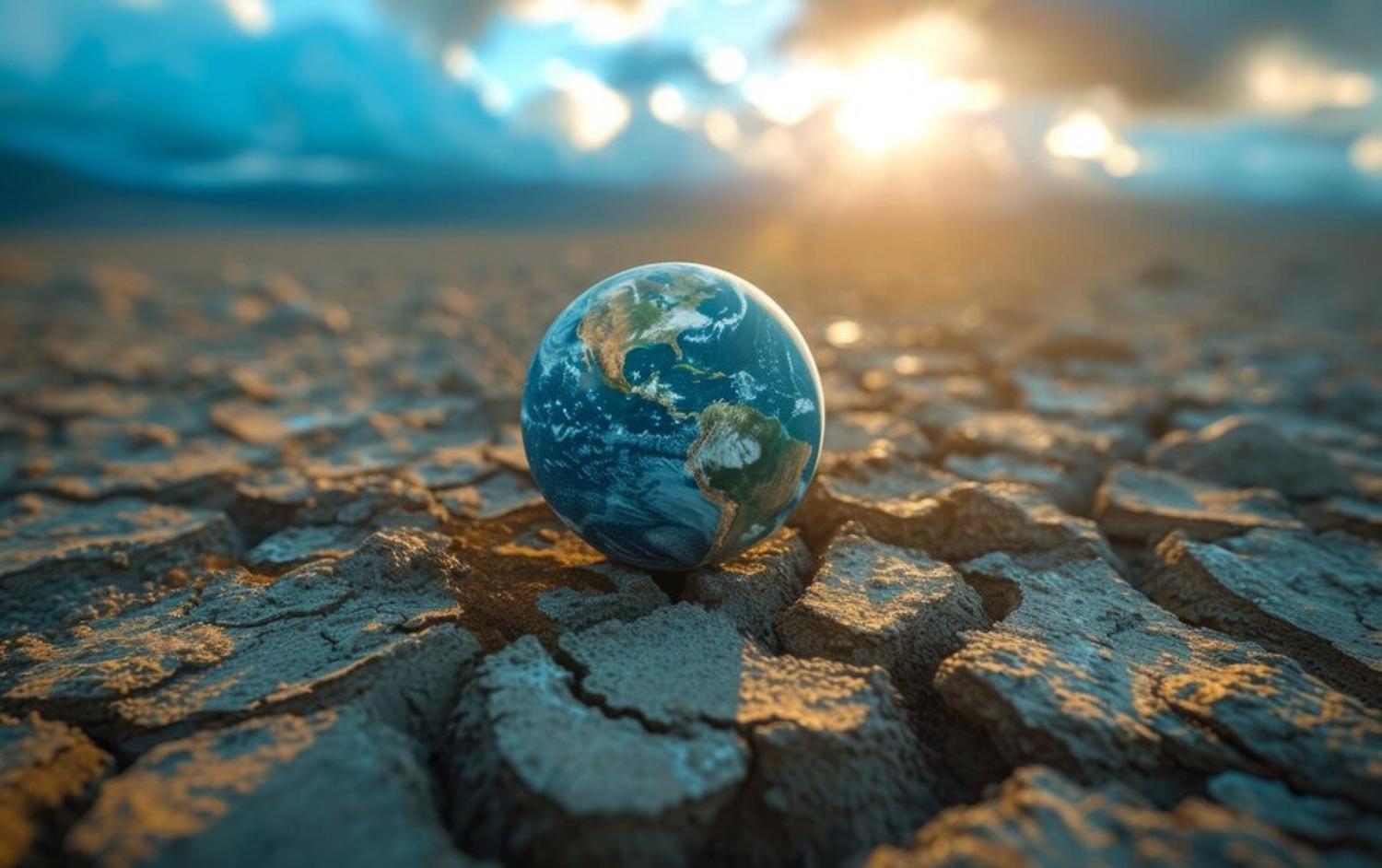
Because the Earth has its own salt cycle, if humans make some serious changes, it’s possible that the planet could right the wrong and return to its natural salination process
However, in order for that to happen, humans need to attend to this problem immediately and make huge adjustments to how we construct, mine, and farm.
Drastic Changes Need to Be Made
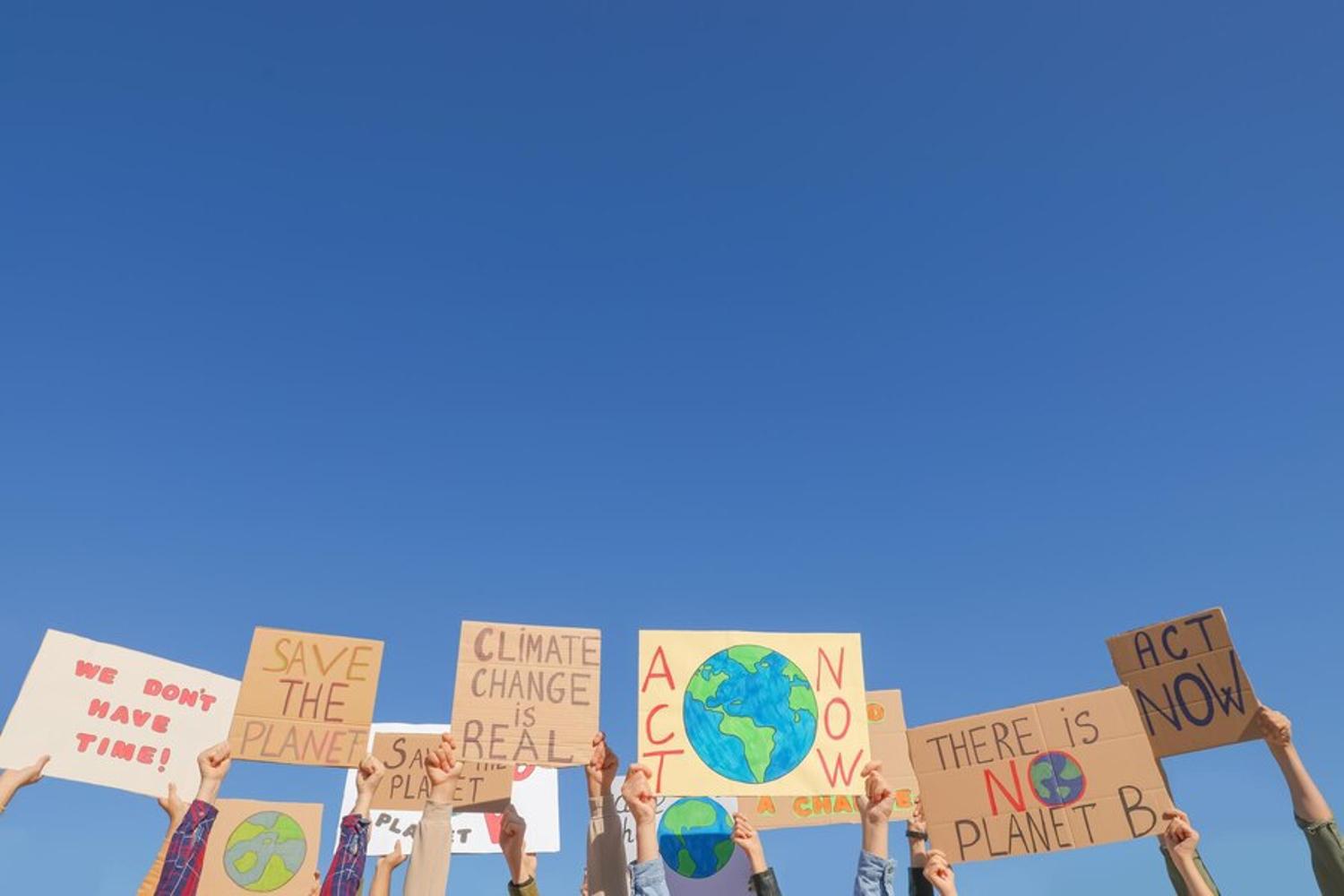
Unfortunately, in the case of the growing salt levels around the world, there is little that individuals can do to make a difference. However, what people can do is continue to fight for their governments to take action against the dangerous practices, such as excessive mining and industrial farming, to try to limit the amount of salt being released over the next decade.
Now, maybe more than ever, it’s time to stand up, vote, and do everything you can to protect this planet we call home. Otherwise, it may not be our home for much longer.








































